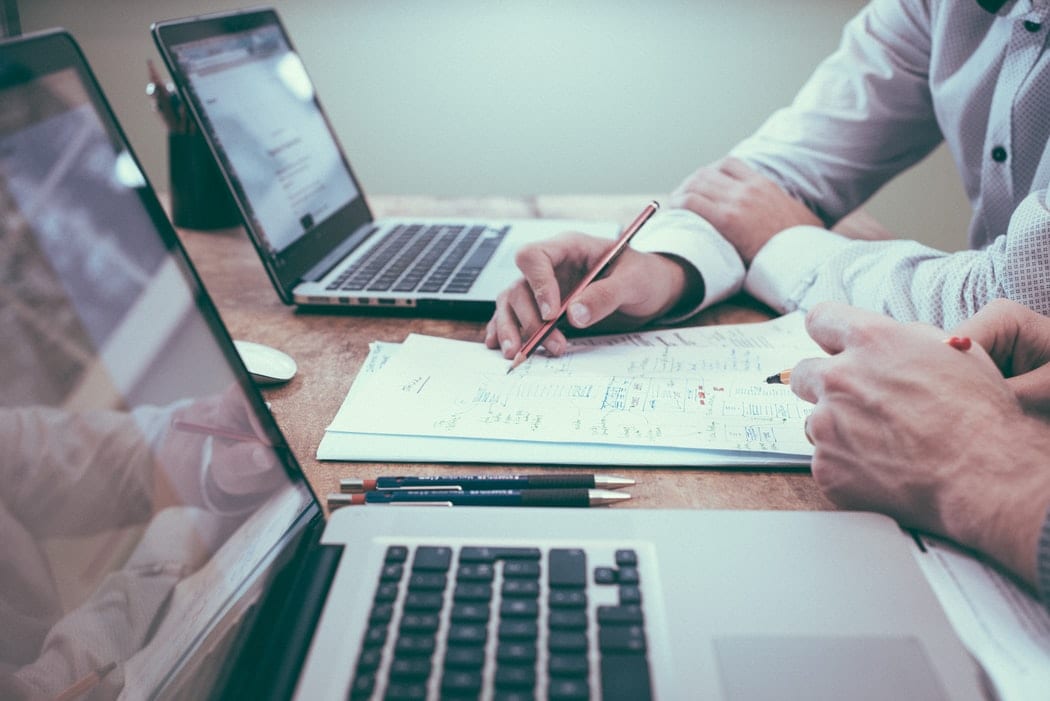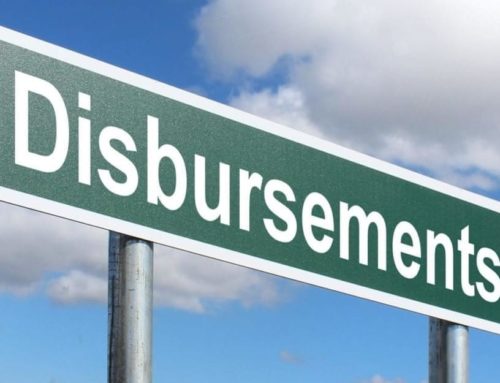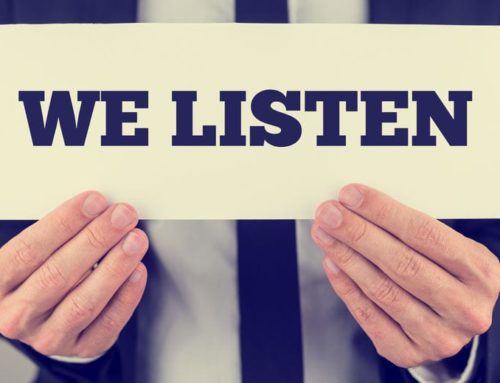Now that a return to ‘normal’ is looking possible, we are talking to our clients about what happens next for businesses as they come out of lockdown.
Many of you will have thought a lot about the future as a result of the last year, and you might be thinking about doing things differently as we come out of lockdown.
We’ve had conversations with clients who want to change their structure, operate in a different way, even make a fresh start. Some are worried they won’t be able to get their business back on track after the pandemic.
One issue that keeps cropping up in our discussions with clients – whether they’ve found success in the last year or really struggles is what about the bounce back loan? Whatever it’ll look like to come out of lockdown, how do you go about paying off the loan? What if you can’t? We’re going to cover all bases in this blog.
If you’ve used the Bounce Back Loan for personal living costs, it’s unlikely to be written off
For many small business owners the financial support offered by the government in these difficult times has been minimal. Many have got through the lockdown by using a mixture of deferred payments (VAT and self-assessment) and loans such as the bounce back loan. Some businesses also received council grants to help cover fixed costs.
However, none of these measures provided any actual income support to the company owners and directors, so some of these loans and deferrals will have been used to help pay for personal living costs. According to this article from Martin Lewis, the treasury has confirmed that you can use the loan to support your income, but for limited company owners there are tax consequences. And using the loan in this way means that it is unlikely to be written off.
The problem here is that company money can’t be withdrawn without the business owner paying tax, so let’s look at what happens if you have spent your bounce back loan. It’s too soon to know how things will bounce back after the pandemic, but it’s important to address this issue now. That way you know what’s going to happen and can look forward and figure out the best way to deal with it.
The tax consequences of using the Bounce Back Loan for personal means depends on how you took the money out of your company
If you take money out of your company it must be either:
- A loan
- A salary
- A dividend
If you took the money out as a loan:
If you take out a loan from your company, and don’t pay it back within 9 months of your year end your company will pay tax at 32.5% on the outstanding amount. This is paid by the company, with the corporation tax. If the loan is repaid in a future year (either by introducing money into the company or voting dividends out of profit to clear the loan) then the tax is refunded by HMRC.
In some cases, a loan may be preferable in the short term. The tax is paid from the company for a start rather than your income and you may be able to clear the loan in future by paying a lower tax rate on the dividends.
If you took the money out as a salary:
Lots of business owners consider all of their money drawn to be their ‘wage’.
Technically, these regular drawings are only actually a wage or salary if you process this amount through your payroll and pay PAYE and NI to HMRC.
Most small limited company directors take a low salary where they pay no PAYE or NIC, as this is the most tax-efficient way to draw money from their company. So when we talk about ‘salary’ we are talking about this small amount that is declared on your payroll.
A large increase in the amount declared as salary would result in a high tax bill for you and your company, so in most cases we would avoid putting this through as a salary or bonus.
If you took the money out as a dividend:
A dividend can only be taken from profits. You are taxed on a dividend depending on your other income, so basic rate band dividends are taxed at 7.5% and those over are taxed at 32.5% (going up to 38.1% in the additional tax band).
Dividends might be the most tax efficient way to draw out the additional funds in your company such as those provided by your Bounce Back Loan, however, if you do not have any available profits in the company you cannot take this money as a dividend.
If you needed to take this money out to live on, it is unlikely you’ve made profits during the coronavirus pandemic, so won’t be able to vote a dividend to cover your drawings.
You will probably use dividends to repay the loan from your company going forward
As it’s unlikely to be possible for you to repay the money to your company, you will probably vote dividends from profits going forward to repay this loan. You will probably use dividends to repay the loan from your company going forward as you, in turn, pay down your bounce back loan.
Provided you go on to make profits, this shouldn’t be too difficult but may increase your tax bills for the next few years. If you can’t cover it all in the initial period you may need to pay some repayable corporation tax in the meantime.
If you can’t repay, don’t bury your head in the sand – we can help
The government have been generous in their terms to make the loan as affordable as possible, and the length of the loan can be extended up to 10 years. The repayment of these loans will hit companies hard for some time but hopefully they will ‘bounce back’.
The worry in this scenario comes if you are unable to get your business back on track after the pandemic. Many business owners were assured by their bank manager that the loan can be written off due to the government guarantees if they are unable to repay it.
What they may not have mentioned is what to do if you’ve used the loan to keep yourself and your family afloat, and you’re now in the position of owing your company money.
If that’s the case, keep going if you can. Trade through it, diversify to improve profits, repay as you can when you do have the money. Unfortunately there’ll be no quick fix, and most of us will have to get on with it as best through these difficult times.
It’s possible some may have to close their companies. If you wanted to, or were forced to close your company you would need to liquidate it. The liquidators would then expect you to repay your loan to your company and could come to you for the money.
Please note, that if you go into liquidation for genuine reasons and have not drawn out the funds from the bounce back loan personally, the loan can be written off.
Talk to us if you are worried about your bounce back loan and the implications for your business. You need to consider your circumstances carefully before making any decisions over the future of your company.






